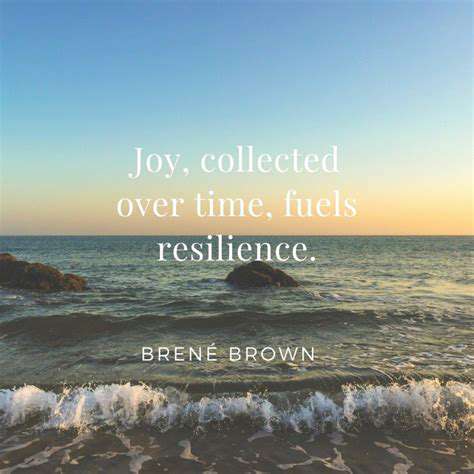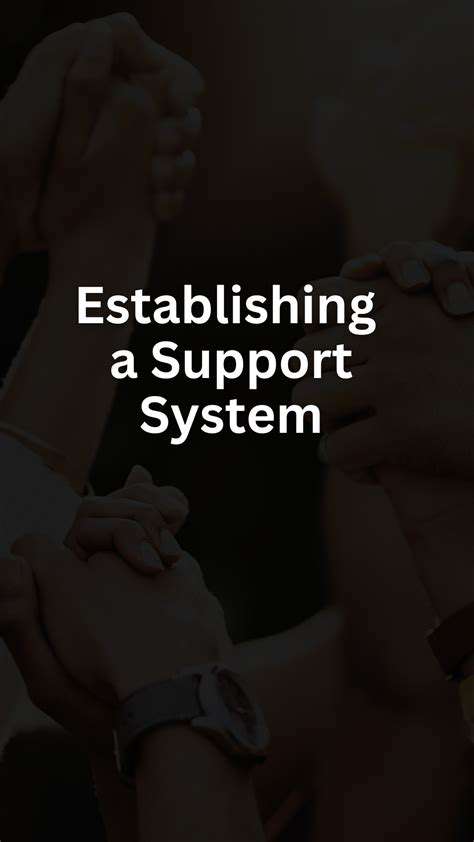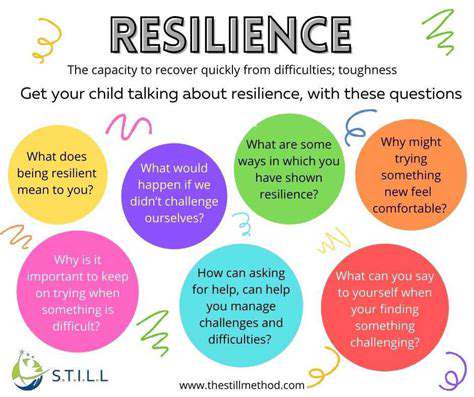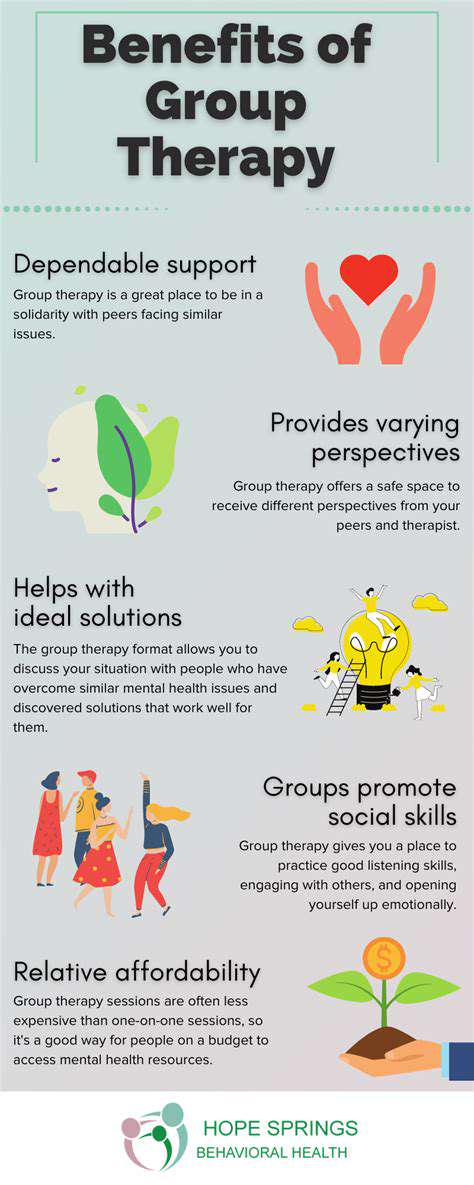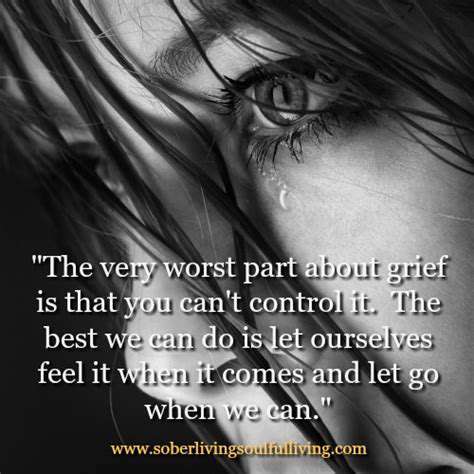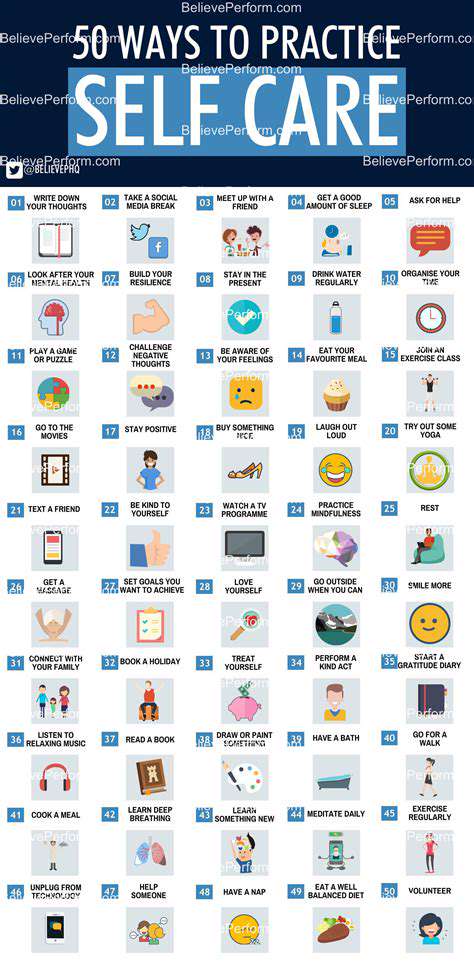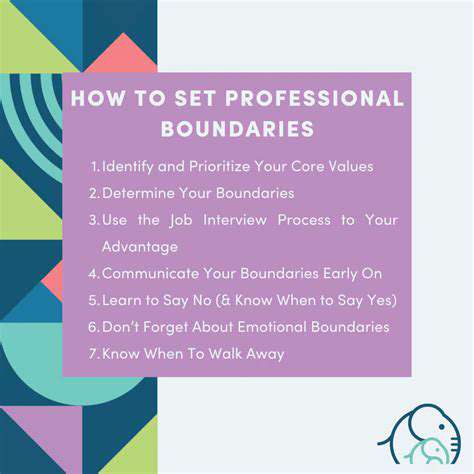Healing from Divorce: Emotional Recovery Guide
Physical movement proves remarkably effective for processing grief. Yoga, swimming, or even vigorous cleaning can help release pent-up emotional energy. The body stores emotional pain - moving helps metabolize it.
Building Resilience and Moving Forward
Resilience grows through small, daily practices more than grand gestures. Start a three good things journal - noting small positives each day rewires the brain toward hope. Practice self-compassion meditations to counter negative self-talk.
As energy returns, gradually incorporate activities that foster a sense of accomplishment and connection. Volunteer work often provides perspective while rebuilding self-worth. Healing happens in spirals, not straight lines - be patient with the process.
Developing Healthy Coping Mechanisms and Support Systems
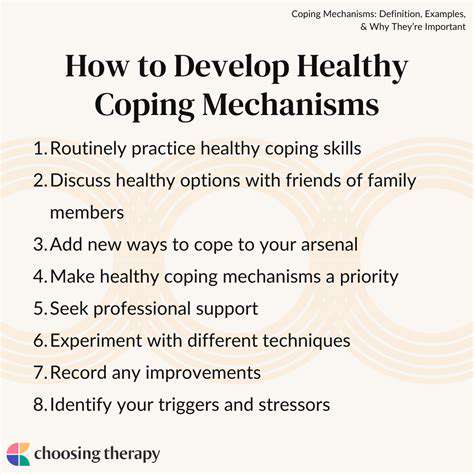
Understanding the Importance of Coping Mechanisms
Effective coping strategies serve as emotional shock absorbers during turbulent times. They don't eliminate pain but prevent it from becoming debilitating. Like learning first aid for the psyche, these tools help stabilize your emotional state until deeper healing occurs.
Track which strategies work best for different situations. Maybe deep breathing helps with daily stress, while calling a certain friend works best for crisis moments. Personalize your emotional toolkit.
Identifying Common Stressors
Post-divorce life introduces unique triggers - seeing happy couples, parenting alone on weekends, financial anxieties. Anticipating these challenges allows proactive coping plans. If holidays feel particularly painful, for instance, plan alternative celebrations in advance.
Create a stress inventory listing your top triggers and corresponding coping strategies. Refer to it when feeling overwhelmed.
Cognitive Coping Strategies
Our thoughts powerfully influence emotional experience. When you notice catastrophic thinking (I'll always be alone), consciously reframe it (I'm adjusting to a new normal). Practice thought-stopping techniques like snapping a rubber band when negative loops begin.
Develop mantras that counter your specific fears. This is temporary or I've survived harder things can short-circuit anxiety spirals.
Behavioral Coping Strategies
Action often precedes emotional change. Force yourself to attend that book club even when you'd rather isolate. The momentum of positive activity frequently improves mood afterward. Behavioral activation - doing despite not feeling like it - is among the most effective coping strategies.
Create a menu of go-to activities for low moments: walk in nature, bake cookies for neighbors, reorganize a closet. Action restores a sense of control.
Emotional Coping Strategies
Give emotions appropriate outlets. Scream into a pillow when angry. Write unsent letters to your ex to process feelings. Watch sad movies to trigger cathartic tears. Emotions demand expression - finding healthy channels prevents toxic buildup.
Develop a self-soothing routine for vulnerable times. A warm bath with essential oils, comforting music playlists, or weighted blankets can provide sensory comfort when words fail.
